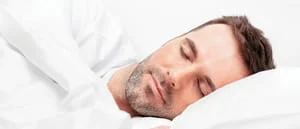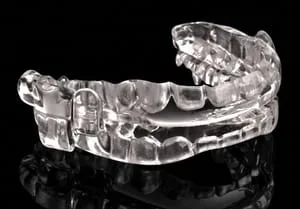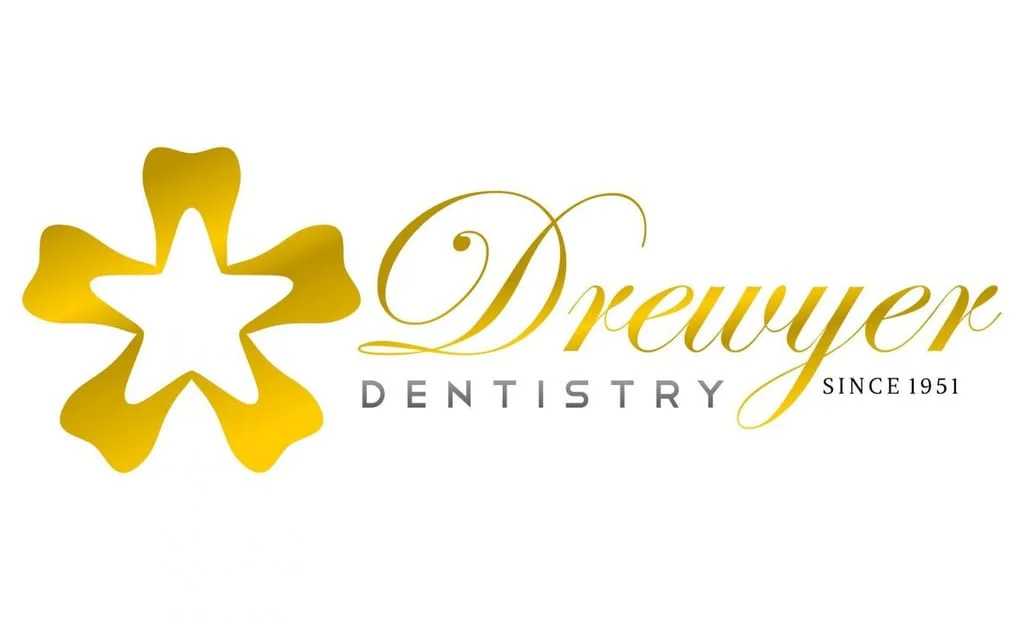Call Today for Your Free Sleep Study!
Do you snore at night? Do you find yourself tired or dozing off in the middle of the day?
Obstructive Sleep Apnea could be the cause of your lack of quality sleep and possibly more serious medical issues. Ask us about our Temporary Snore Guard and our MicrO2 Sleep and Snore Device provided by our American Academy of Dental Sleep Medicine Certified Dentist Austin D. Drewyer. Learn more below...
For more information check out the presentation Dr. Drewyer gave to Riderwood residents by clicking the link below
Riderwood Sleep Apnea Presentation Video

Snoring and Obstructive Sleep Apnea
are both breathing disorders that occur during sleep due to narrowing or total closure of the airway. Snoring is a noise created by the partial closure of the airway and may often be no more problematic than the noise itself. However, consistent, loud, heavy snoring has been linked to medical disorders such as high blood pressure. Obstructive Sleep Apnea is a serious condition; the airway totally closes many times during the night and can significantly reduce oxygen levels in the body and disrupt sleep. In varying degrees, this can result in excessive daytime sleepiness, irregular heartbeat, high blood pressure, reflux, depression, occasionally heart attack and stroke.
Because any sleep disordered breathing may potentially represent a health risk, all individuals should be tested by an overnight sleep recorder in their home or by a polysomnogram in a sleep laboratory.
Oral appliances may be helpful in the treatment of snoring, upper airway resistance syndrome (UARS) and sleep apnea. Oral appliances are designed to assist breathing by keeping the jaw and tongue forward, thereby opening the airway space in the throat. While documented evidence exists that oral appliances have substantially reduced snoring and

sleep apnea for many people, there are no guarantees this therapy will be successful for every individual. Several factors contribute to snoring/sleep apnea conditions including nasal obstruction, narrow airway space in the throat and excess weight. Because each person is different and presents with unique circumstances, oral appliances will not reduce snoring and /or apnea for everyone. Post testing will be done to assure effective treatment.
Possible Complications : Some people may not be able to tolerate the appliance in their mouth. Also, some individuals will develop temporary adverse side effects such as excessive salivation, sore jaw joints, sore teeth and a slight change in their “bite.” However, these usually diminish within an hour after appliance removal in the morning. On a rare occasion, a permanent “bite” change may occur due to jaw joint changes and/or tooth movement. Generally, this can be prevented with the exercise leaf gauge or other techniques you will be shown. These complications may or may not be fully reversible once appliance therapy is discontinued. If not, restorative, orthodontic, and/or surgical treatment may be required for which you are responsible. Oral appliances can wear and break. The possibility that these or broken parts from them may be swallowed or aspirated exist. For patients with sleep apnea, the device must be worn nightly. Discontinuation of use is a hazard to your health and can lead to heart attack, stroke, and even death. See your prescriber before discontinuing use and for recommendations of alternative therapy such as CPAP and/or surgery.
Length of Treatment : The oral appliance is strictly a mechanical device to maintain an open airway during sleep. It does not cure snoring or sleep apnea. Therefore, the device must be worn nightly for a lifetime to be effective. Over time, simple snoring may develop into sleep apnea. Sleep apnea also may become worse. Therefore, the appliance may not maintain its effectiveness. The oral appliance needs to be checked at least twice a year to ensure proper fit and the mouth examined at that time to assure a healthy condition. If any unusual symptoms occur, you are advised to schedule an office visit to evaluate the situation. Individuals who have been diagnosed as having sleep apnea may notice that after sleep with an oral appliance they feel more refreshed and alert during the day. This is only subjective evidence of improvement and may be misleading. The only way to accurately measure whether the appliance is keeping the oxygen level sufficiently high to prevent abnormal heart rhythms and other problems is to be retested with a sleep recorder or polysomnogram.

Alternative Treatments : Other accepted treatments for sleep apnea-disordered breathing include behavior modification, weight loss, constant positive airway pressure, and surgery. These alternatives have been explained and you have chosen oral appliance therapy to treat your particular problem and are aware that it may not be completely effective for you.
Unusual Occurrences: As with any form of medical or dental treatment, unusual occurrences can and do happen. Broken or loosened teeth, dislodged dental restorations, mouth sores, periodontal problems, root resorption, non-vital teeth, muscle spasms, and ear problems are all possible occurrences.
Most of these complications and unusual occurrences are infrequent. Additional medical and dental risks that have not been mentioned may occur. Good communication is essential for the best treatment results. Please call or come to the office if you have any questions or problems regarding treatment.
For more information on Dental Sleep Medicine in Burtonsville, MD call Austin D. Drewyer D.D.S., M.A., L.L.C. at 301-622-1717 today!

